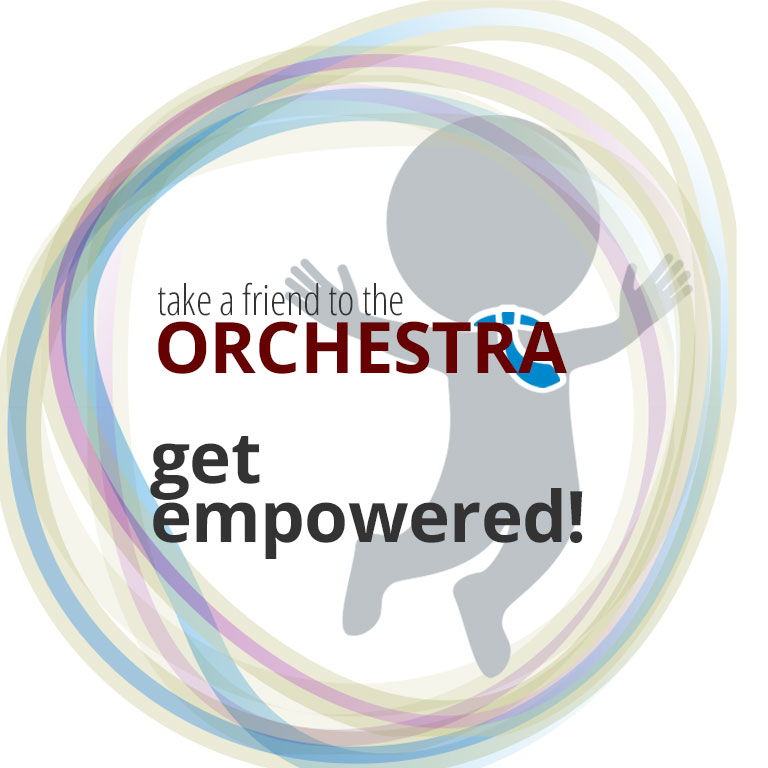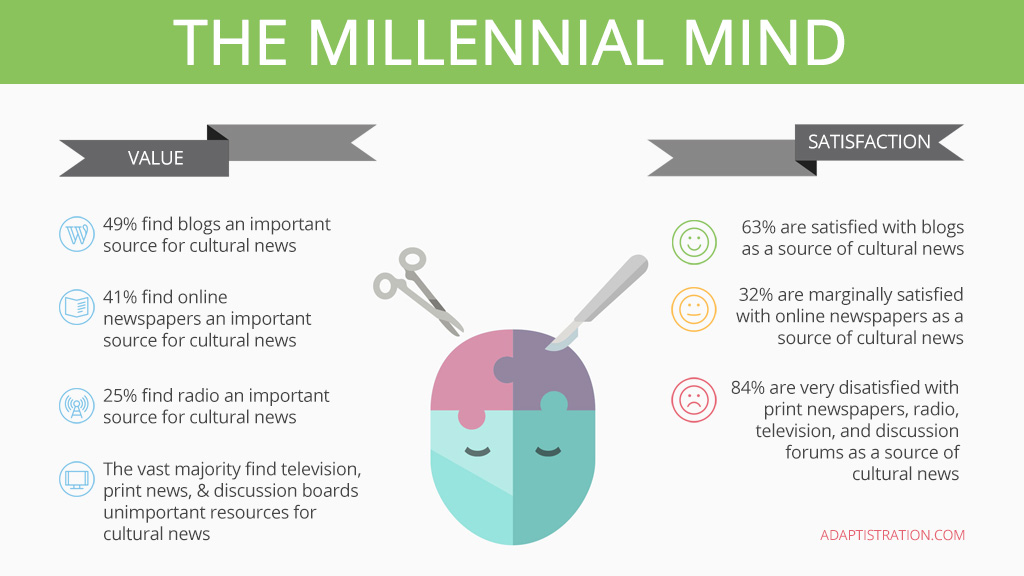Toward the end of last May’s Take Your Friend to Orchestra month initiative, composer Judd Greenstein wrote in to say he was taking 40 friends to an upcoming concert featuring some he composed for the New York Youth Symphony. True to his word, Judd sent in the following account,
As planned, I brought a large group of friends and family with me to the May 29 New York Youth Symphony concert at Carnegie Hall. It was a terrific show, and the performance of my piece, Today and Everyday, was excellent. I received a lot of great feedback from the people whom I’d brought to the show, including many first-time or highly infrequent orchestra guests.
The show, to these people, was very exciting. But I have to wonder how much of that excitement comes purely from my participation in the event, or from the shock of seeing a familiar person in a striking, unfamiliar context. Taking a bow from a box in Carnegie Hall was a little shocking even to me! Did this event have a broader impact, one that could bring my friends and family back to Carnegie, or to other orchestra concerts?
My sense is that it’s too early to say. I will look forward to the individual conversations I will have with all these folks in the months to come; I’m curious to hear their impressions of the event, and how much they enjoyed the rest of the show, beyond my piece. Perhaps the TAFTO project is more clearly defined when there’s no direct connection between the Taker-of-a-Friend and the performance itself. That said, I still believe that there’s a real value in [my] bringing people out specifically to hear my music; creating, as I wrote earlier, the type of organically-derived community that I want as my audience.
I also believe that there’s a rhizomic quality in the way audiences are developed. If people consistently come to my shows, they’ll be introduced to a (hopefully!) wide variety of performers and venues, some of which might appeal to them enough that they might return, independent of my participation. This happens to me all the time, but I believe that it can and should happen more frequently with non-musicians; they just need that initial outstanding experience to convince them that this is a world that’s worth further exploration. Given the sad state of our contemporary mass culture, it shouldn’t be too hard to demonstrate that we have a product that’s of great value.


